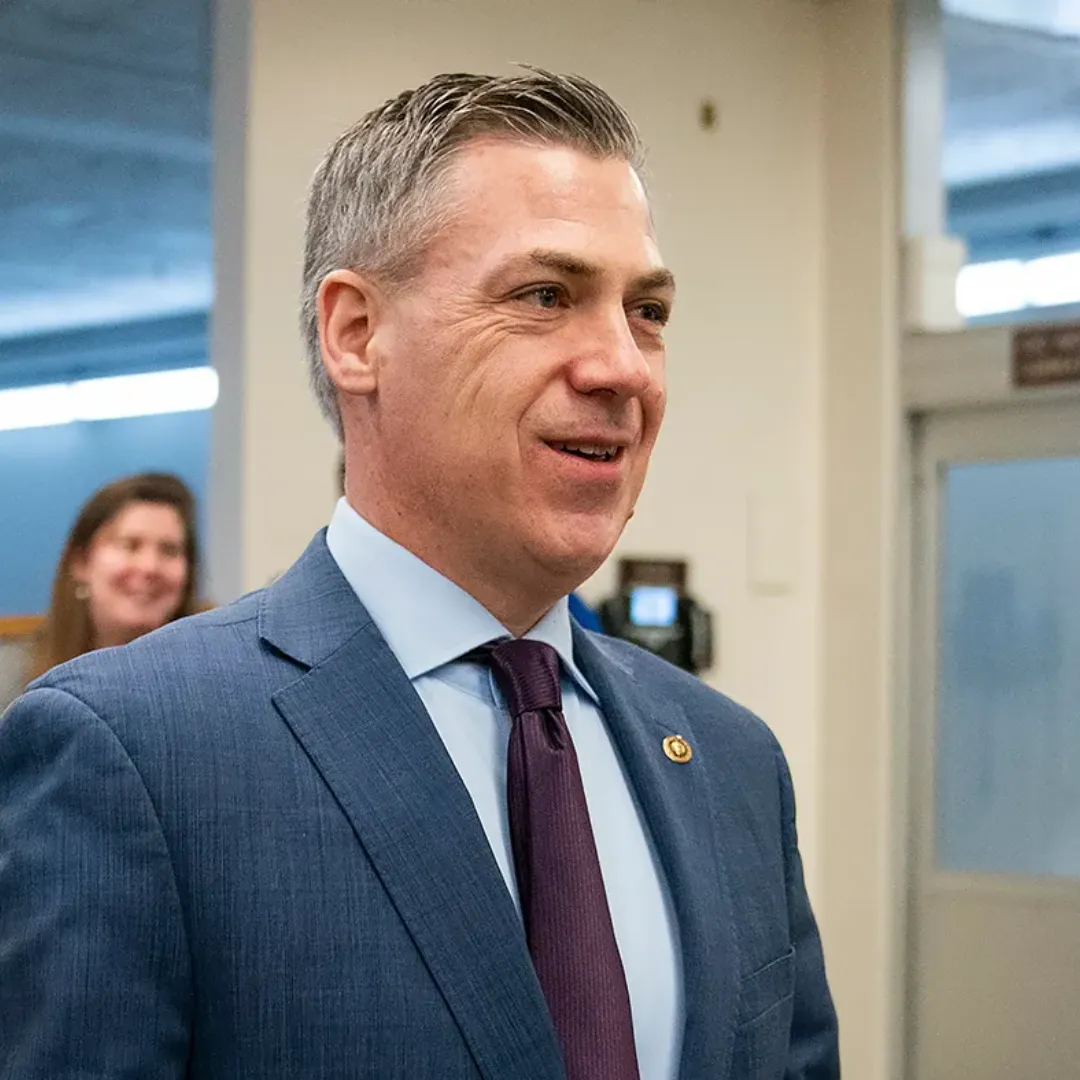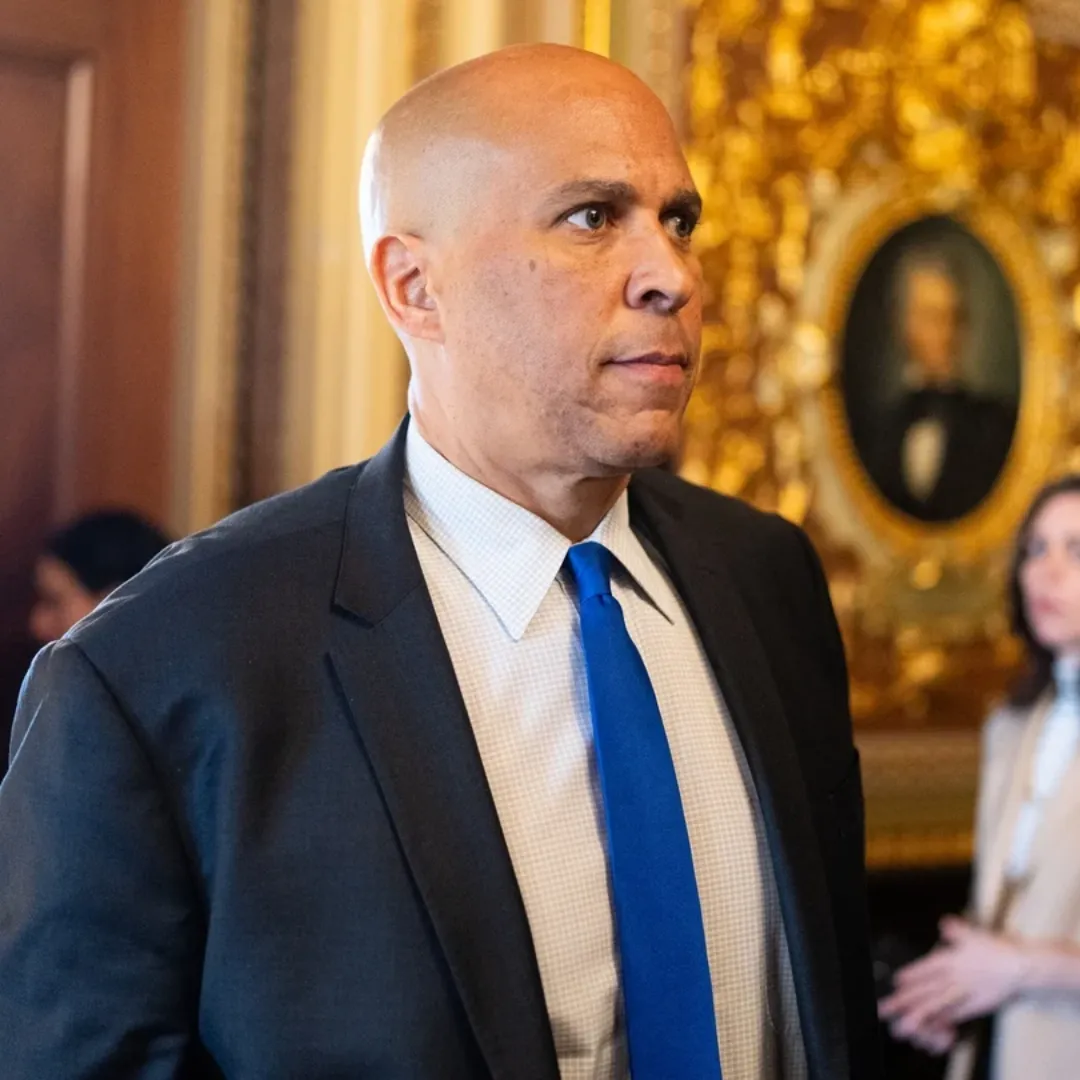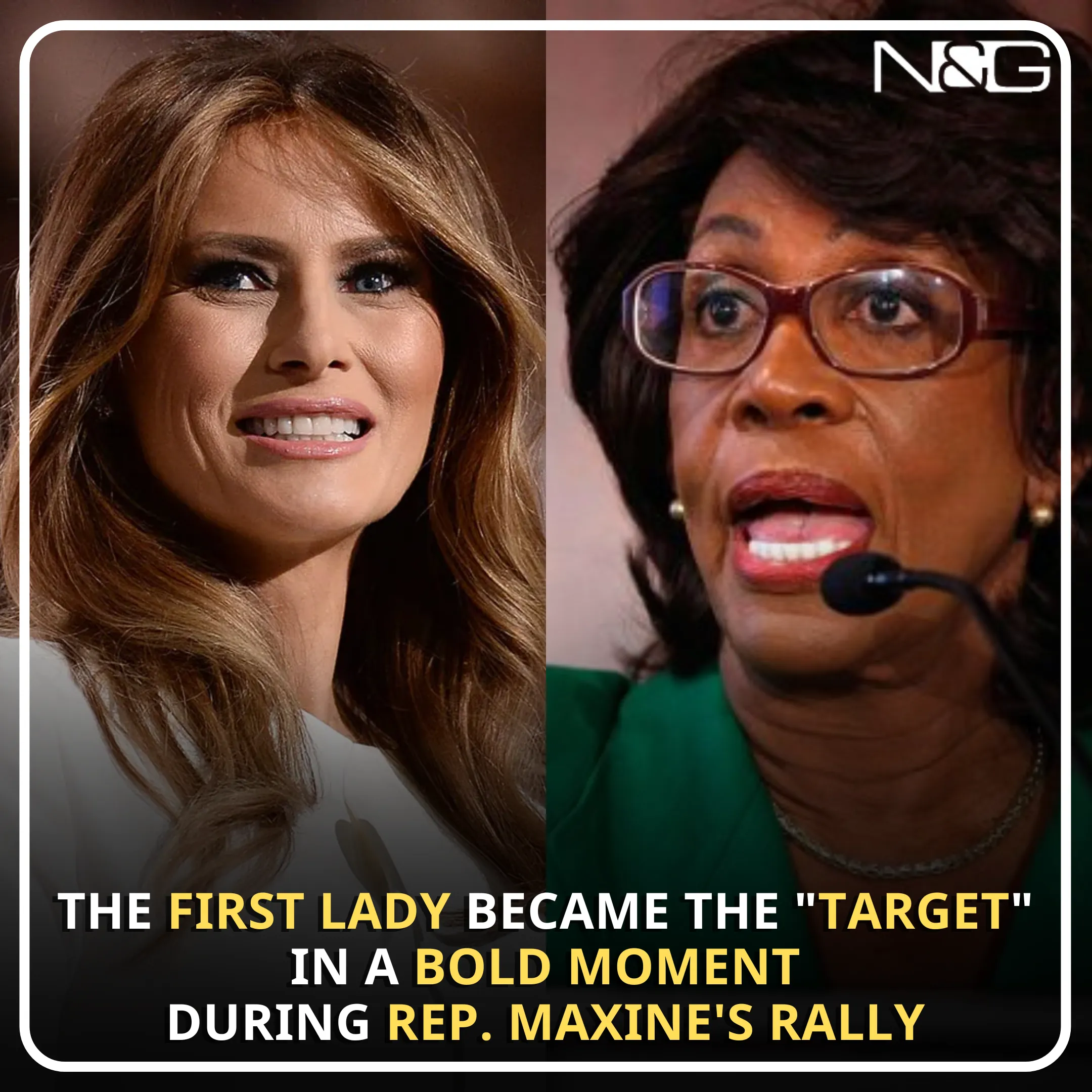When Senator Cory Booker (D-N.J.) took to the Senate floor this week for a record-breaking speech that lasted 25 hours and 5 minutes, he wasn’t just trying to make a political statement — he was attempting to heal a fractured Democratic caucus that had grown bitterly divided over policy disagreements.
In a moment of personal reflection and political strategy, Booker used his long speech to push for unity within his party, which had struggled with significant internal discord over the recent continuing resolution debates.
For Booker, the timing of the speech was deeply symbolic. In the wake of tense and contentious caucus meetings, where members clashed over how to proceed with critical government spending decisions, Booker sought to take the focus off the differences and instead highlight the need for Democrats to stand together in the face of rising challenges.
In an interview on MSNBC’s “The Beat with Ari Melber,” Booker described the difficult atmosphere behind closed doors during the continuing resolution debates.
He reflected on the disagreements within the party and why, despite those tensions, he felt compelled to step into the limelight in a way that only a 25-hour speech could provide.
The Democratic Party, historically known for its broad coalition of voices and interests, has seen growing rifts in recent years. 2024 has seen increasing ideological battles, particularly in the Senate, where the stakes have been higher than ever due to the narrow margins of power in the chamber.
Last month’s debate over the continuing resolution — the critical piece of legislation used to fund the government — saw a deeply divided caucus, with members taking sharply different positions on how to proceed.

For Booker, who has long been seen as a unifying figure within the party, the situation was painful to witness. As he put it in the interview: “You know, we had a terrible fight in the Senate. And I love my 46 Democratic colleagues. But… if you were in those caucus meetings when we were debating over what to do with the continuing resolution, everybody who stood up actually had principled, strong feelings.”
Despite the shared commitment to advancing the Democratic agenda, members of the caucus couldn’t come to a consensus on key issues. The fight wasn’t over policy principles alone — it was a struggle over how to represent the diverse needs of constituents and balance party loyalty with broader national concerns.
Booker added that the atmosphere in those meetings left him feeling “pretty down” about the direction his party was heading. Although he didn’t want to describe it as demoralizing, he acknowledged the weight of the political tension that had been building within the Senate Democratic ranks.
Booker’s frustration with the lack of unity reached a tipping point after hearing from his constituents in New Jersey. As he listened to the concerns of people back home, he realized that the ongoing political squabbles were far removed from the issues that mattered most to everyday Americans.
“And I think I felt so — I won’t use the word demoralized — but pretty down after that,” Booker reflected. “But I started hearing from people in my state around that time and that was when ‘it really came together for me, that I, enough is enough.’”
For Booker, the final straw came when he realized that the emotional toll the party’s internal conflicts were taking on him personally could no longer be ignored. Disunity within the Democratic Party, especially during critical moments when leadership was needed, wasn’t just a personal concern for Booker — it was a democratic crisis in the making.
This realization led Booker to seek a way to address the divisions head-on. He didn’t want to simply criticize the dysfunction; he wanted to be part of the solution. As Booker noted, his intention was to take the unusual step of breaking the Senate’s record for the longest speech not just for the sake of the record, but for the sake of Democratic unity.

Booker began his marathon speech on Monday at 7 p.m., and continued speaking well into Tuesday evening, surpassing the previous Senate record of 24 hours and 18 minutes set by Senator Strom Thurmond (R-S.C.) in 1957.
Thurmond’s filibuster was aimed at blocking the Civil Rights Act of 1957, but Booker’s speech had a fundamentally different purpose: healing and unifying a party that had grown increasingly fragmented.
In his 25-hour speech, Booker addressed the urgency of the situation facing the country, emphasizing the importance of staying united in the face of an increasingly polarized political climate.
Throughout his address, Booker referenced his principled stand on various issues, but his overall message was one of cooperation, compromise, and collective action.
Booker’s speech wasn’t just a display of endurance — it was also a call to action. He spoke of the political divide that had begun to corrode the integrity of the Senate, and he urged his fellow Democrats to remember the core values they had fought for together in the past. Booker’s goal was clear: rally the Democratic Party behind a common cause, putting aside personal and ideological differences for the greater good.
While his marathon speech didn’t come with the political drama of a filibuster, it captured the essence of what it means to be a Senator: standing up and being heard for as long as it takes, and doing so in a way that puts the needs of the country first.
What Booker articulated in his speech was not just a call for unity within the Senate, but a call for national healing. The 2024 election was just around the corner, and Booker knew that for his party to succeed in the coming election, they would need to bridge the gaps within their ranks and come together as a cohesive force.
“I need to step out and do something,” Booker explained. “And so I was hoping I could do something that would unify our caucus and unify people who believe that the country is facing really disastrous waters right now.”
In his address, Booker spoke not just as a politician, but as a leader who understood the stakes of the moment. As the Senate nears a critical juncture in shaping the nation’s future, Booker knew that the party’s internal struggles couldn’t continue to take precedence over the need to address voter concerns, economic crises, and civil rights challenges that were becoming increasingly urgent.

His message was clear: Democrats must unite if they are to confront the growing threats to the nation’s democratic values, and to ensure that progressive ideals could survive the mounting political pressures.
By the end of his 25-hour speech, Booker had achieved what he set out to do: he had captured the nation’s attention and brought a spotlight to the divisions within the Senate Democratic caucus. However, the real test now begins — will his efforts to unite the party translate into real political action?Can the Democrats move forward with a unified vision that prioritizes the needs of all Americans over party infighting?
Only time will tell whether Booker’s historic speech will serve as the catalyst for a more cohesive and collaborative approach to governing in the Senate. But one thing is certain: Cory Booker has proven that, even in an era of division, there are still those willing to fight for unity — no matter the cost.




